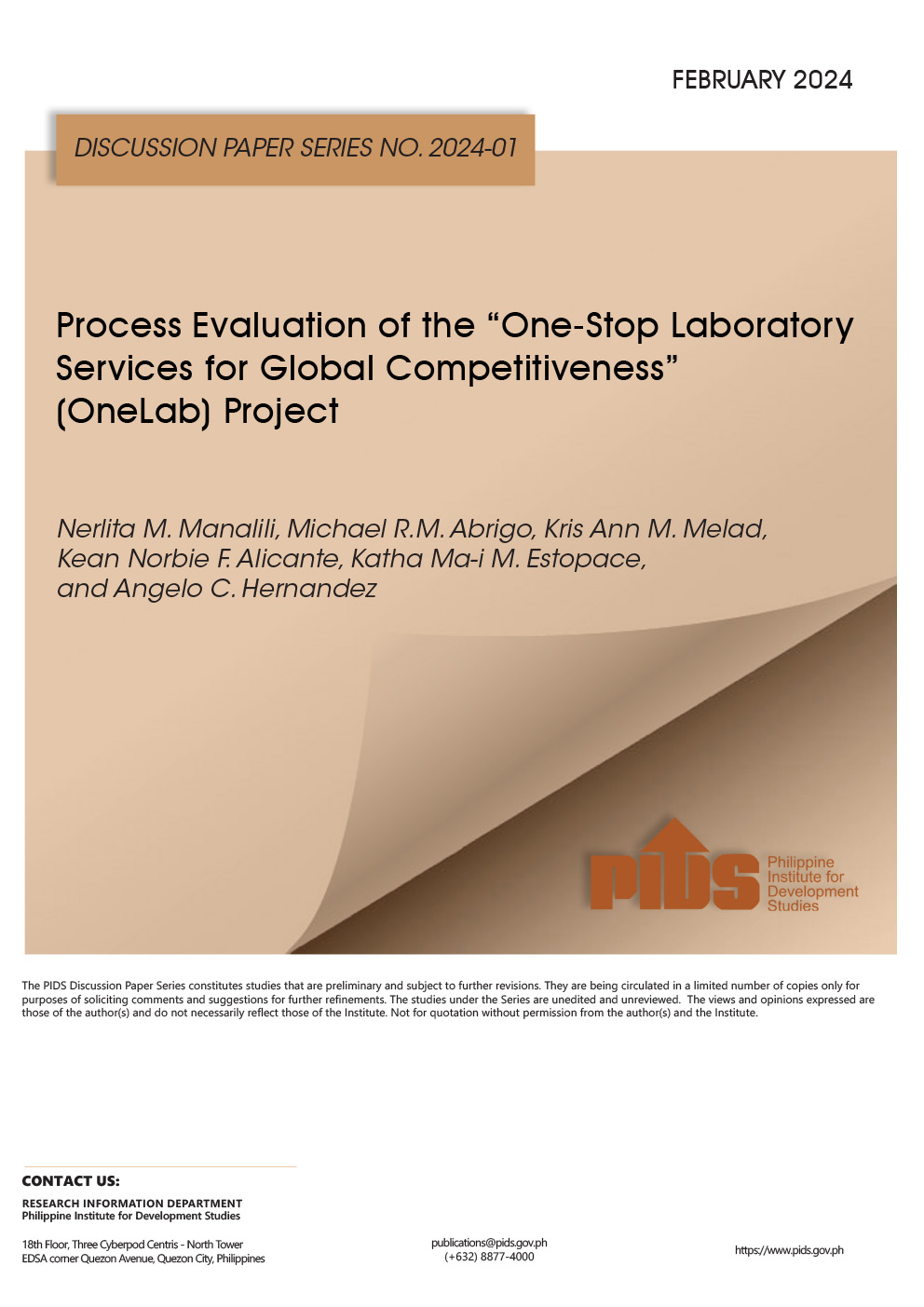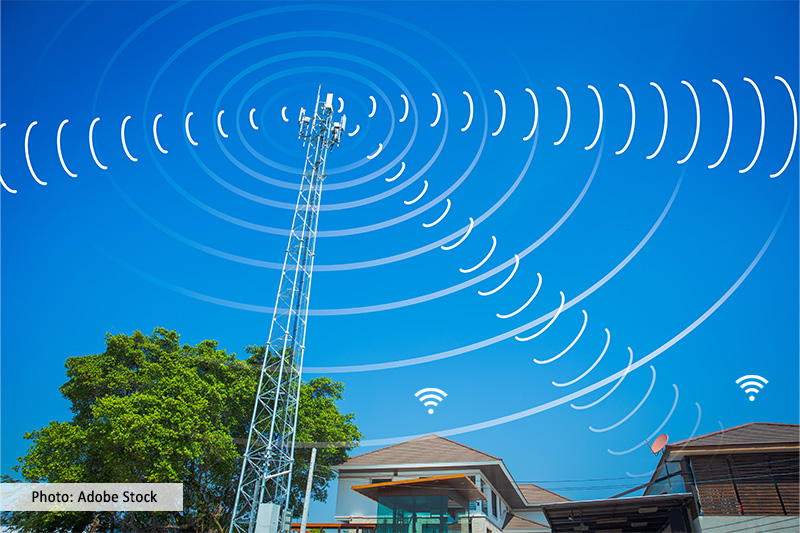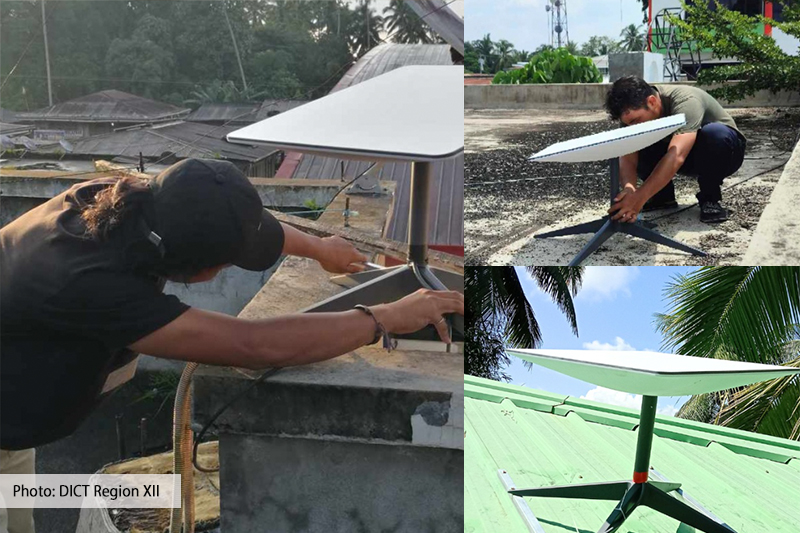
Humans working together with machines may still seem unusual these days, but that will not be the case in the coming years.
In today’s age of automation and disruptive technologies, also known as the “Fourth Industrial Revolution (FIRe)”, new technologies are expected to emerge. Aside from robotics, the world is beginning to see innovations in the field of artificial intelligence, genetics, nanotechnology, biotechnology, internet of things, and 3D printing. All of these are expected to improve the quality of people’s lives.
At present, we can already see the impacts of FIRe through self-driving cars, paperless transactions, virtual assistants, and big data analytics. Alongside these perks, however, are the risks and challenges that everyone must overcome first.
As in previous industrial revolutions, it is the labor market that is mostly affected by these changes. Numerous studies on FIRe have said that automation, whether we like it or not, will take over most of people’s jobs, as well as create jobs that we haven’t heard of yet.
Machine takeover?
In its 2016 report on “The Future of Jobs”, the World Economic Forum (WEF) predicted that about 7 million jobs will be lost in the coming years. These are jobs that mainly involve physical labor, require less creativity, and are repetitive—in other words, tasks that can easily be done by computers. These will be replaced by 2 million non-routine jobs, or those that require critical thinking, creativity, and soft skills.
A study conducted by the International Labour Organization in 2016 said that of the member-countries of the Association of Southeast Asian Nations, “56 percent of all employment in Cambodia, Indonesia, Philippines, Thailand and Viet Nam are at high risk of displacement due to technology over the next decade or two,” with women being affected the most.
The report also said that in the Philippines, an estimated 2.2 million shop and sales persons are at high-risk of being displaced by job automation. Furthermore, around 89 percent of workers in the business process outsourcing sector, a key sector in the Philippines, are also at a high risk of being replaced.
Learning, unlearning, re-learning
Experts suggested that for people to keep up with the rapidly changing demands of FIRe, all stakeholders must learn how to work with these new technologies instead of trying to outdo them. Indeed, machines can automate most of our currently existing manual tasks, but these machines need humans to innovate.
According to Jose Ramon Albert, a senior research fellow at the Philippine Institute for Development Studies, while the FIRe will create new jobs, these “are going to be different from the jobs that have been displaced, and they require workers to learn some new skills to be able to participate in the new economy”.
This means that our educational system should innovate and create a learning environment where students can maximize their own creativity and communication skills. At the same time, businesses should train their workers so that the latter can keep up with the needs of their companies.
Our workers should, therefore, be open to learning new things, re-learning things they already learned before, and unlearning concepts that they learned before but are not applicable anymore to the future realities.
Gov’t help needed
All these efforts to survive the FIRe will not be possible without help from the government. Now more than ever, our government needs to strengthen its institutions and push the bureaucracy to be adaptive to innovation as well as other rapidly changing needs of FIRe.
For instance, with the existence of new business models comes new forms of work engagements, with workers moving from one company to another becoming the norm. To protect workers, experts urged governments to create a flexible social protection program that can adapt to future work arrangements.
In its 2017 Global Risks Reports, the WEF recommended creating a health and income protection system that is not dependent on individual employers or jobs, but on the person, whether employed or not.
If all stakeholders are better equipped, the promises of FIRe can be very exciting for all of us. This major change in our history will greatly alter the way we live and work, and it is up to us, humans, how we can use it to our advantage. ###












